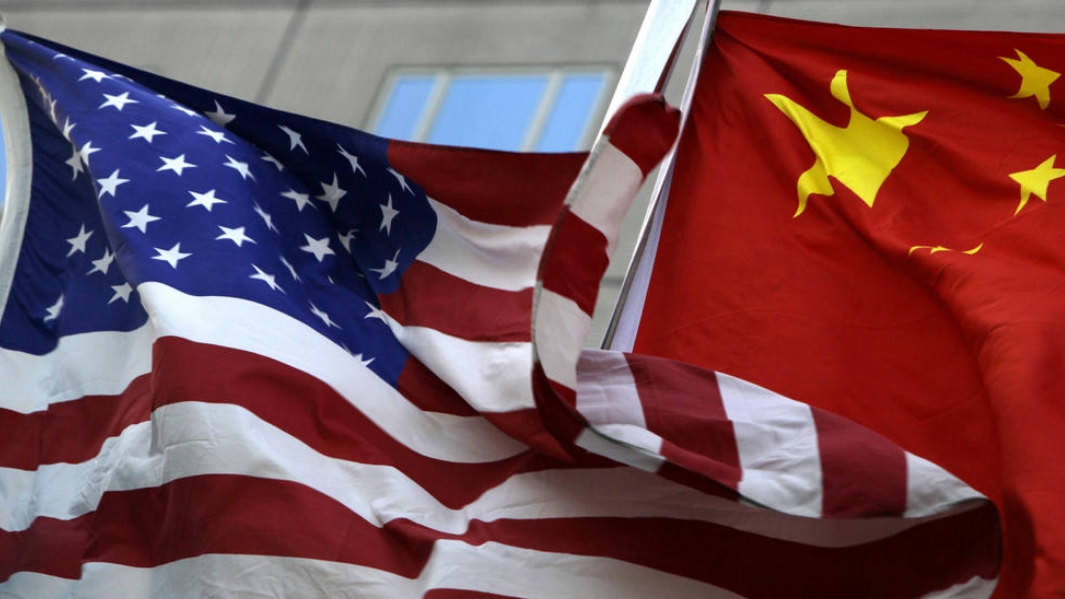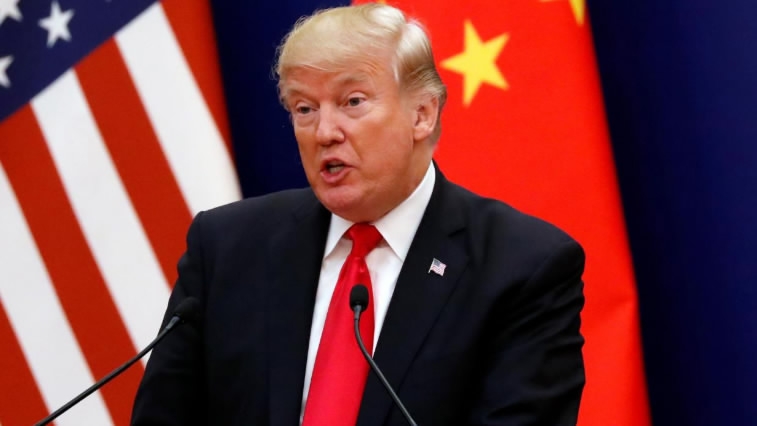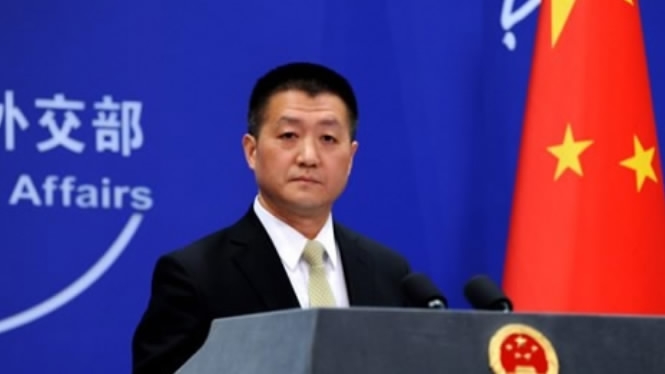
Opinions
19:55, 12-Jan-2018
“Taiwan Travel Act”: US Politicians Sacrificing World Peace for their Jobs
Guest commentary by Zhong Houtao

Could US politicians be sacrificing one of the most important international US policy positions towards China in an attempt to win the mid-term elections later this year?
The following is evidence that they are putting petty domestic politics and their own jobs ahead of world peace and a constructive relationship between the world’s two largest economies.
Several days ago, the US House of Representatives unanimously passed a new bill named the “Taiwan Travel Act” (HR 535), calling on the White House to "encourage visits between US and Taiwan officials at all levels of government."
If the bill is passed in the Senate and signed by US President Donald Trump into law, it will result in a fundamental change of US’ “One-China Policy,” and it will also raise dark clouds over the future development of the China-US relationship and overall world peace.
In the China-US three Joint Communiqués signed in the 1970s and 1980s, the US clearly states that “there is but one China and Taiwan is a part of China.” Even in its own so-called “Taiwan Relations Act” (Public Law 96-8, 96th Congress), the US also states that it only maintains “commercial, cultural and other relations between the people of the United States and the people in Taiwan.”

US President Donald Trump and China's President Xi Jinping meet business leaders at the Great Hall of the People in Beijing, China, on November 9, 2017. /Reuters Photo
US President Donald Trump and China's President Xi Jinping meet business leaders at the Great Hall of the People in Beijing, China, on November 9, 2017. /Reuters Photo
From this, we can see that the US only maintains unofficial relations with Taiwan because Taiwan is a part of China and it is not a country.
For this reason, since 1979, the high-level officials of Taiwan, including the island’s so-called “president,” “vice-president,” “premier” and some other “cabinet-level” officials, have been forbidden from visiting the United States. Some US politicians now feel that this is unfair for Taiwan, so they are trying to propose a new act to break those restrictions.
The bill proposed by those politicians states that it should be the policy of the United States to “allow high-level officials of Taiwan to enter the United States, under conditions which demonstrate appropriate respect for the dignity of such officials, and to meet with officials of the United States, including officials from Department of State and the Department of Defense and other Cabinet agencies.”
Undoubtedly, the US is trying to upgrade its relationship with Taiwan from non-official level to official level. Although there is still a long way for the “Taiwan Travel Act” to go before it could become law, it is already a strong signal that the US is attempting to flare up the Taiwan issue. And this will bring great risk not only to the China-US relationship, but also to world peace.
As for the China and US relationship, the political basis of the “One-China Principle” between the countries will cease to exist once the “Taiwan Travel Act” is signed into law by Donald Trump. With no political basis, there will be no good commercial and cultural relations between the two countries. As the interests of the two countries are closely intertwined, either the US or China will suffer a lot from bad relations.
What’s more, many facts have shown that the good China-US relationship has not only benefited the two countries and their people, it has also enhanced global development, peace and stability, as China and the US engage in cooperative efforts to address various regional and international issues, ranging from the Korean nuclear issue to Palestine-Israel peace talks.

Chinese Foreign Ministry spokesperson Lu Kang urged the US to stop “sending the wrong signals” to Taiwan independence forces at a routine press briefing on Thursday. /Photo source: Chinese Ministry of Foreign Affairs website
Chinese Foreign Ministry spokesperson Lu Kang urged the US to stop “sending the wrong signals” to Taiwan independence forces at a routine press briefing on Thursday. /Photo source: Chinese Ministry of Foreign Affairs website
Therefore, world peace will be greatly endangered if China and the US derail their relations.
As for Taiwan, those US politicians apparently are trying to help Taiwan, but in fact they are jeopardizing Taiwan. If the US goes much further in the future and abandons its “One-China Policy,” China will be compelled to take actions to speed up its reunification process between the Chinese Mainland and Taiwan.
Fundamentally we could see this entire episode as US House Representatives, who are vigorously pushing the so-called “Taiwan Travel Act,” trying to keep their jobs. The main reason is that with the midterm congress election coming, they want to be seen as being “tough” against China.
They hope their “tough” position will attract more media attention and raise their profiles and help them win in the next election. From this it is quite clear that US politicians are only worried about their jobs and not about Taiwan, they are not worried about China-US relations, and they definitely do not care about world peace and stability.
(The author is the Research Associate at the Taiwan Studies Institute, Chinese Academy of Social Sciences)

SITEMAP
Copyright © 2018 CGTN. Beijing ICP prepared NO.16065310-3
Copyright © 2018 CGTN. Beijing ICP prepared NO.16065310-3